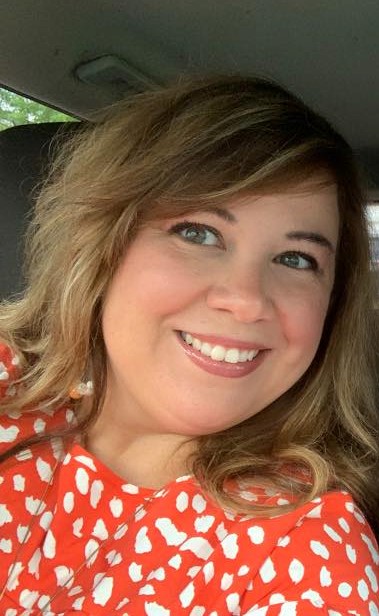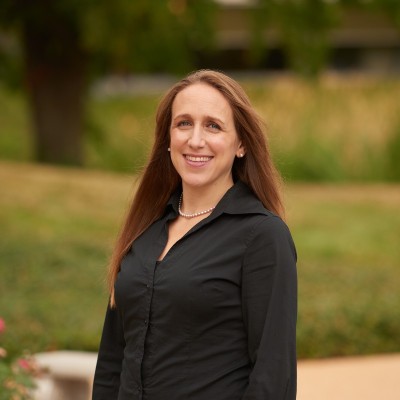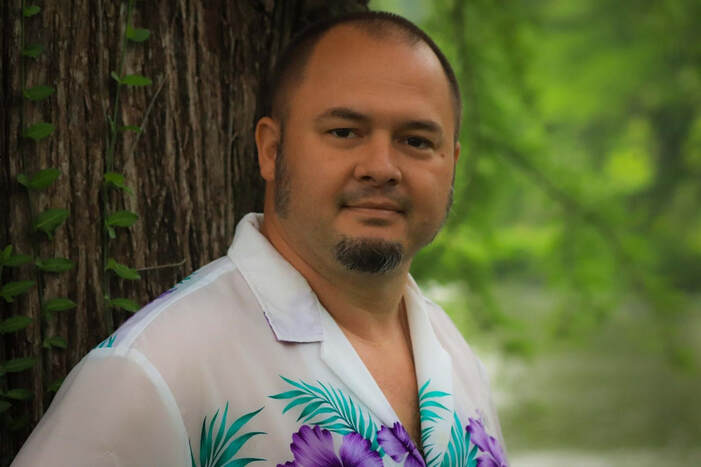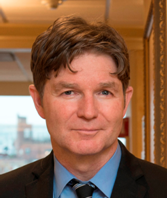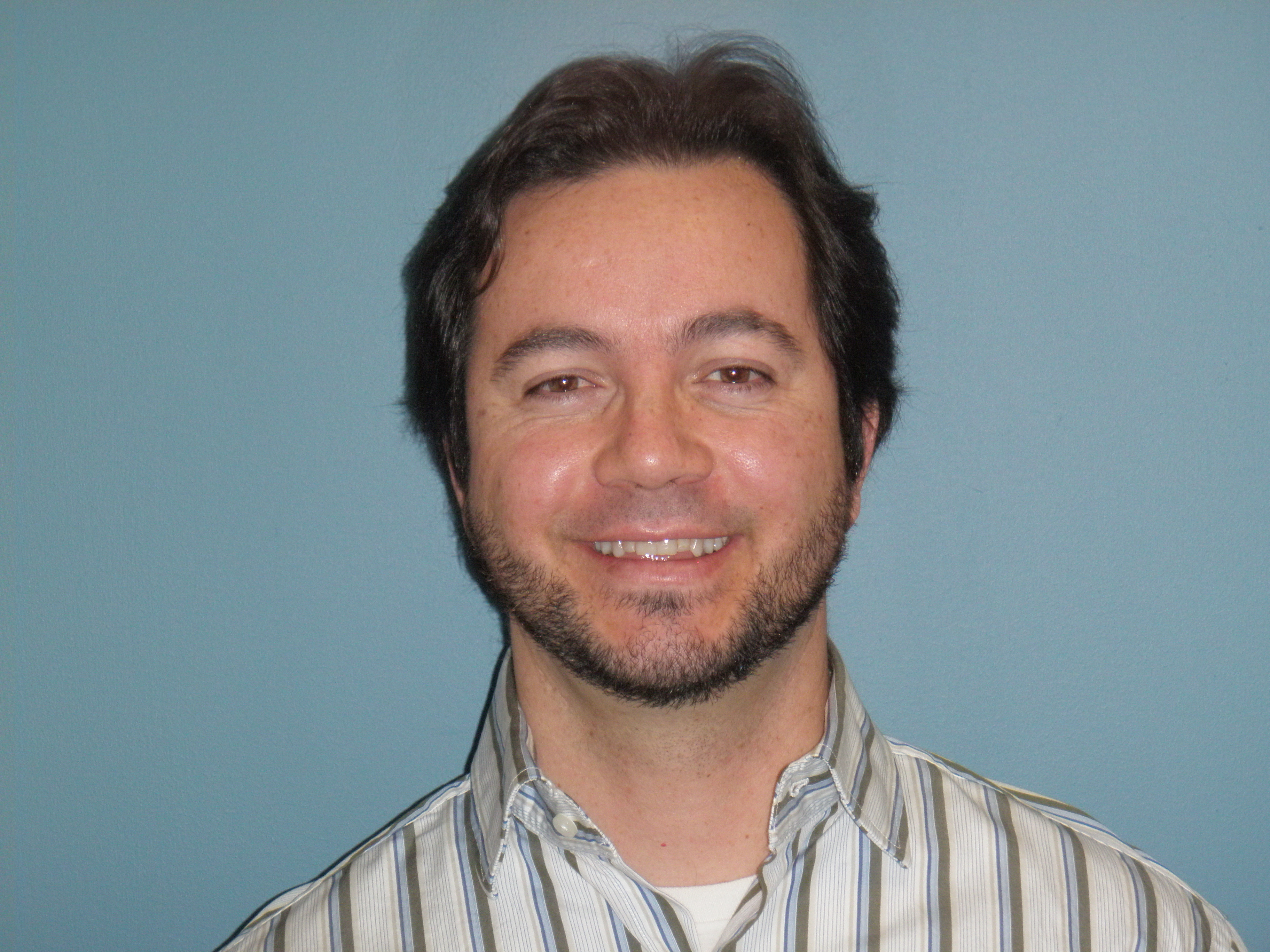Thomas Crees is currently enrolled in Webster University’s Master of Arts program in Professional Counseling with an emphasis in Clinical Mental Health. He received his bachelor’s degree in Criminology from Webster University. Tom’s area of research is based around Post Traumatic Stress within first responders, Trauma-Informed Care, and utilization of alternative therapy methods for PTS. Tom has presented to multiple law enforcement agencies, hospitals, and military installations on post-traumatic stress, Trauma-Informed Care, and crisis intervention for first responders and their families. His knowledge and research in these areas come from several years of lived experienced in both law enforcement and military service.
Tom’s current professional role is as the Community Treatment Liaison at ARCA, Assisted Recovery Centers of America. In this role, Tom assists law enforcement with crisis intervention response to calls for services involving individuals experiencing a mental health crisis. Before this role, Tom was a police officer with the St. Louis County Police Department. His last assignment within the police department was the Crisis Intervention Unit as the first Homeless Outreach Officer in the St. Louis County Region. Tom’s primary role was to develop best practices for law enforcement’s response and interactions with the unhoused population. Tom’s law enforcement experience ranges from criminal investigations, drug interdiction, executive protection, crisis intervention, and response to civil unrest. During his tenure with the St. Louis County Police Department, Crees served as an executive board member to the department’s Diversity and Inclusion Committee and the St. Louis Area CIT Council.
Crees is a Missouri POST certified instructor in crisis intervention, interview and interrogations, human behavioral analysis, and basic/advanced law enforcement training. Crees is currently a lead instructor for the St. Louis area Crisis Intervention Team program. In which Crees instructs officers on Hospital Procedures for Individuals in Mental Health Crisis, Building Legitimacy in Diverse Communities, as well as Law Enforcement and the Unhoused.
Prior to his law enforcement career, Tom served eight years in the United States Army as an infantry sergeant assigned to the 101st Airborne Division. Tom served multiple tours in hostile environments around the world.
Tom is a member of the American Counseling Association, the St. Louis County Continuum of Care, the Missouri Crisis Intervention Team Council, the International Association of Undercover Officers, and the St. Louis Area CIT Council. Tom Crees also works for Loaves and Fishes and St. Louis County Government as the Homeless Outreach Coordinator for the St. Louis County Region.
Presentation(s):
Compassion Fatigue among First Responders

